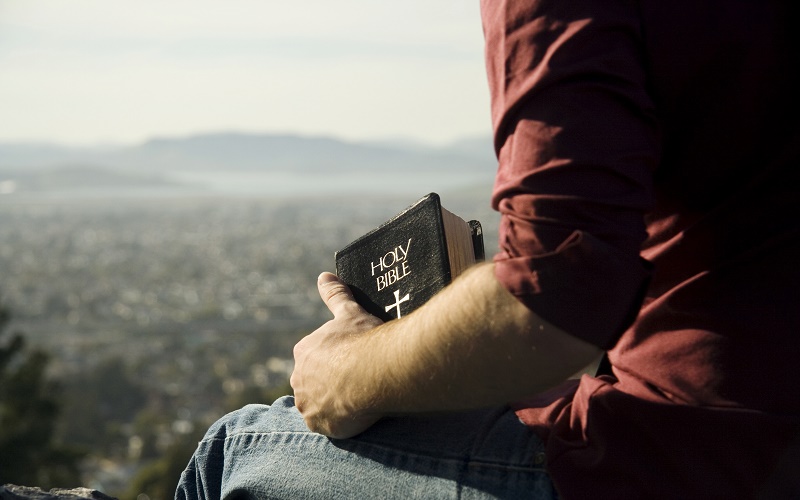According to a Pew Research survey from last fall, 27% of the religiously affiliated individuals polled said they use horoscopes at least once or twice a year.
That is only 3% less than Americans in general.
Hispanic Catholics, black Protestants, and adults who say their religion is "nothing in particular" are among the most likely to say they believe that consulting a fortune teller, tarot cards, or astrology gives them helpful insights, but most say they do it for fun.
"It might seem to be a rush or a thrill or exciting, but really, the Bible warns us to not give Satan a foothold," says Dr. Alex McFarland, referencing Ephesians 4:27.

Though he does not believe a born-again Christian can be "demon possessed" through horoscopes, Ouija boards, or psychic readings, he asserts the spiritual realm is very real, and demons are always ready to pounce.
"Christians can become demon oppressed," McFarland warns. "There are things in our life that we can do that give Satan a legal right to harass us, oppress us."
He says God sets and abides by the rules of spiritual warfare, and Christians have as much business fooling around with occultic things as they do harboring unconfessed sin or unresolved anger, practicing sexual sin, and rebelling against known truth.
"Astrology and any type of what the Bible calls divination or fortune telling is categorically off limits for the born-again Christian," the apologist reiterates.
The survey shows that Americans who identify as lesbian, gay, bisexual or transgender (LGBT) are especially likely to consult astrology or a horoscope and tarot cards. About half of LGBT Americans (54%) consult astrology or a horoscope at least yearly – roughly twice the share among U.S. adults overall (28%), and LGBT women are more likely than LGBT men to consult astrology at least yearly (63% vs. 40%).
Atheists, agnostics, white evangelical Protestants, and Jewish Americans were found to be less likely than the general public to say they believe in astrology.







